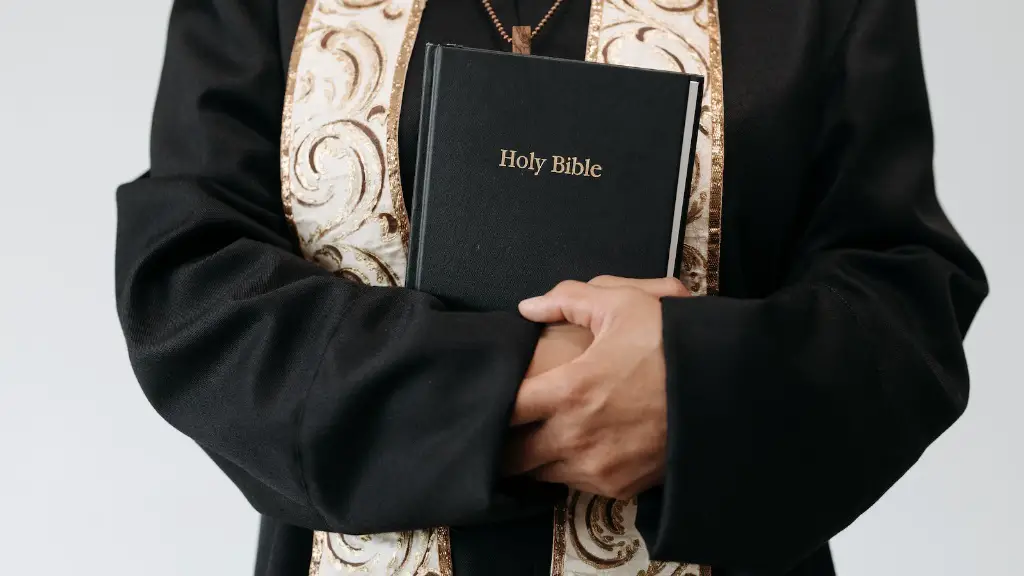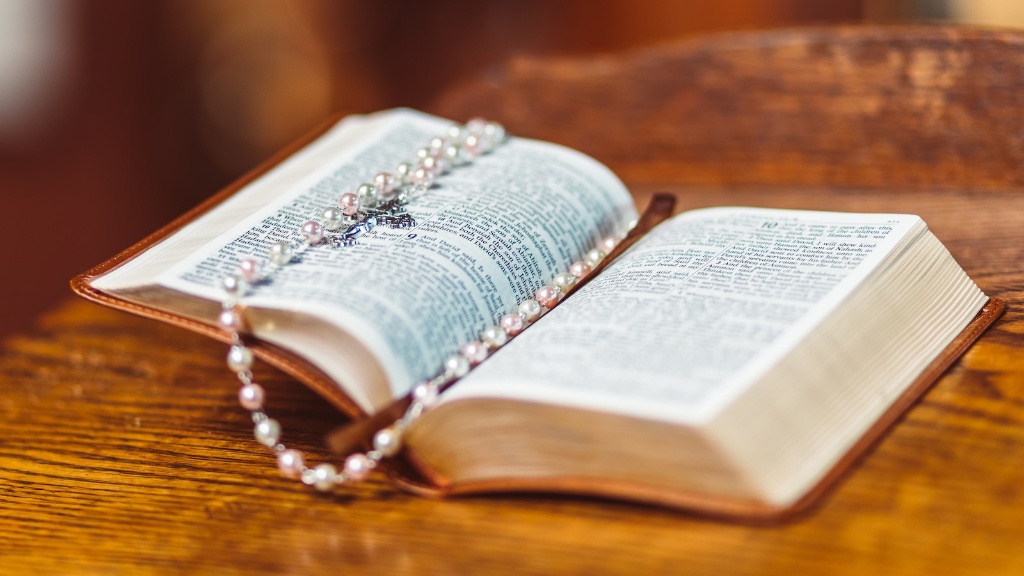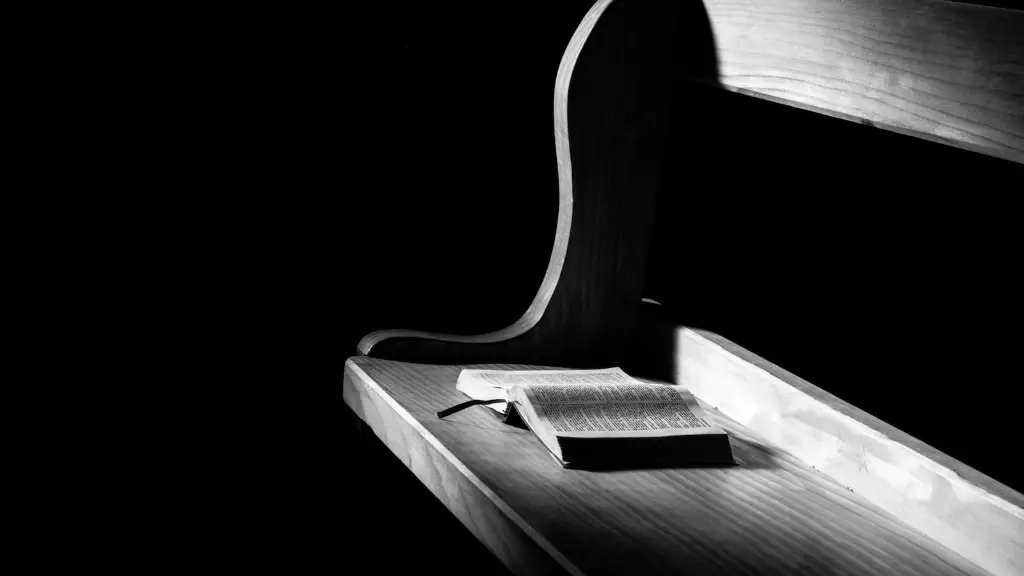History of Female Teachers in the Bible
For centuries, faith communities all over the world have predominantly seen female teachers as taboo or even forbidden. Female teachers teaching scripture and theology have been unheard of. While there were very few female teachers in the Bible, what is clear is that their roles were highly valued and respected by the male disciples.
The first female teacher to enter the Biblical narrative is Miriam, sister of Moses and Aaron. Miriam was highly regarded as a leadership figure and teacher of spiritual knowledge towards the Israelite people. In Numbers 12:2, there is a clear reference to a leader, a teacher, and a prophet in verse two: Miriam and Aaron spoke against Moses because of the Cushite woman whom he had married: “He has married a Cushite woman!”
In Judges 4:4-5, another female teacher, Deborah, is mentioned: “Now Deborah, a prophetess, the wife of Lappidoth, was leading Israel at that time. She held court under the Palm of Deborah between Ramah and Bethel in the hill country of Ephraim, and the Israelites went up to her to have their disputes decided.” Deborah not only was a wise judge of the disputes between the Israelites but also delivered oracles (prophetic messages) from God.
In the Gospel of Mark, Jesus breaks with tradition by intervening to call a female teacher, Mary, to be a disciple. Jesus states: “Mary has chosen what is better” (More 10:42). Mary, by responding to Jesus’s call, was given a unique privilege to the male disciples in becoming a disciple participating in the most sacred activity of the time, which was the interpretation and teaching of the scriptures.
The Treatment of Female Teachers in the Bible
The Bible is generally favourable to female teachers, portraying them in a positive light whether they are providing prophecy, instructing in spiritual matters, or leading the way in faith. In the Old Testament, women are named as prophets, judges, and leaders of their communities, while in the New Testament, we see Jesus call and welcome women to his travelling group and task them with the evangelization mission.
In 1 Timothy 2:11-12, the treatment of female teachers is addressed: “A woman should learn in silence and full submission. I do not permit a woman to teach or to assume authority over a man; she must be quiet.” Generally, the above passage is interpreted as a restriction of women from teaching. But as we look at passages throughout the Bible, this interpretation is contradicted. Throughout the scripture, the empowerment of women is evident. Therefore, despite this passage, it can be argued that the Bible does not, in fact, limit the role of female teachers.
The Bible also acknowledges the importance and impact of female teachers on society. In Proverbs 31:26, we read “She speaks with wisdom, and faithful instruction is on her tongue.” Female teachers are not just accepted, they are celebrated. Women are seen as powerful, wise and capable of sharing their knowledge with others.
Female Role Models in the Bible
One of the most important components of female teachers in the Bible is their role as a role model. Throughout the Bible, we see female teachers who exemplify the importance of knowledge and truth in life. These women are examples of virtue, faith and kindness that anyone, regardless of their gender, can look up to and strive to imitate.
Miriam is one such female teacher who provided an important role model for the Israelites. In Numbers 12:6-8 she is praised for her dedication and commitment to God: “If there is a prophet among you, I, the Lord, make myself known to them in visions, I speak to them in dreams. Not so with my servant Moses; he is entrusted with all my house. With him I speak face to face, clearly, not in riddles; he sees the form of the Lord. Why then were you not afraid to speak against my servant Moses?” Miriam’s example is celebrated in the Bible and is an important example of faith and loyalty.
Deborah is also applauded in scripture for her bravery and leadership—qualities not often associated with women. As stated in Judges 5:7 “Village life ceased, it ceased in Israel until I, Deborah, arose, until I arose, a mother in Israel.” Deborah had what it takes to lead, and through her willingness to rise to the challenge and use her talents, she was able to bring peace back to her people. Even more significantly, she viewed herself as a mother of Israel.
Modern Day Female Teachers
As society’s views on gender become more progressive, the church has become more accepting of female teachers. Women are being ordained and invited to teach in seminaries. Female theologians are writing and publishing books. Women are encouraged to lead Bible studies, teach Sunday school and preach from the pulpit. The Bible, then, is a model for our move towards greater gender equality, providing us with the tools to empower female teachers in the modern age.
Today, organizations such as Christians for Biblical Equality (CBE) are bringing awareness to the fact that male and female are created in the image of God and therefore, should be respected and honoured in the church equally. The CBE works to inspire and educate churches, institutions, and individuals to move past traditional views on gender roles, while abiding by the scripture. By creating an atmosphere that celebrates female teachers, society can be transformed; ushering in a new era of freedom and acceptance.
Conclusion
The Bible’s stance on female teachers is not as limited as some may think. While there may be prohibitions in scripture for female teachers to not “assume authority over men,” there are countless Bible passages that speak of the vital importance of women in the teaching of scripture and theology. There are many female role models from which we can learn and celebrate. In the modern day, organizations such as the CBE are working towards creating an environment that supports female teachers so that they can reach their fullest potential.
Gender Roles in the Bible
In modern times, gender roles are a source of much debate. The Bible provides us with many perspectives on gender roles and can be used as a guide for addressing modern challenges.
Genesis 1:27 states “God created people in his image; in the image of God he created them; male and female he created them,” providing a clear indication that both genders are equal before the Lord. Jesus further emphasizes this view, welcoming women to join him. In Luke 8:2-3, Mary Magdalene, Joanna, and Susanna are listed among “other women” who provided for Jesus’ ministry out of their own means. Through these examples, the Bible speaks out to support a more progressive vision of gender roles.
Yet, the Bible also speaks of what is sometimes referred to as an “order of creation.” This can be seen in the well-known verse 1 Corinthians 11:3: “But I want you to understand that the head of every man is Christ, the head of a wife is her husband, and the head of Christ is God.” These scriptures often emphasize the importance of adherence to a hierarchy, suggesting that the roles of men and women are different and distinct. However, it is important to note that this scripture does not call for a subjugation of women, but rather an understanding of the different capabilities God has given men and women to serve him.
Gender Equality in the Bible
Though the Bible speaks of contrasting opinions on gender roles, it cites the importance of both genders equally. Galatians 3:28 states “There is no longer Jew or Gentile, slave or free, male or female. For you are all one in Christ Jesus.” This passage gives no preference to any gender, illustrating that all are members of one body in Christ.
In his teachings, Jesus also often speaks of bonding of all people under God, regardless of their gender. In Matthew 19:8 Jesus states, “Moses permitted you to divorce your wives because your hearts were hard. But it was not this way from the beginning.” Jesus reminds us to cherish both genders, as God intended.
The Bible speaks of gender equality again and again, citing the importance of both genders in the Body of Christ. By supporting each other, and seeing each other as equal, this divine love will shine through us in our conversations and actions towards each other.
The Importance of Feminist Theology
Feminist theology can be defined as “the reappropriation and reinterpretation of biblical texts from a female standpoint in order to achieve liberation from patriarchy.” In other words, feminists are challenging the traditional interpretation of scripture and offering the possibility of using the Bible as a powerful tool for seeking justice, promoting agency and overcoming oppression.
Feminist theology is important because it speaks to the unique experiences of women in Biblical times, and provides hope for liberation today. By looking at the Bible through a feminist lens, we can learn about how women were empowered in the scriptures, how their stories and perspectives were excluded, and how their contributions were often overlooked. As we explore the stories of female characters in the Bible, we gain insight into the challenges they faced and their struggles to find a voice.
Feminist theology seeks to provide a framework in which women can experience dignity and freedom, rather than one in which they are limited by traditional interpretations of scripture. As feminist theologians point out, while the Bible speaks of gender roles and gives instruction on how to live according to them, it also speaks of humans as of equal importance and created in the image of God—no matter their gender.





